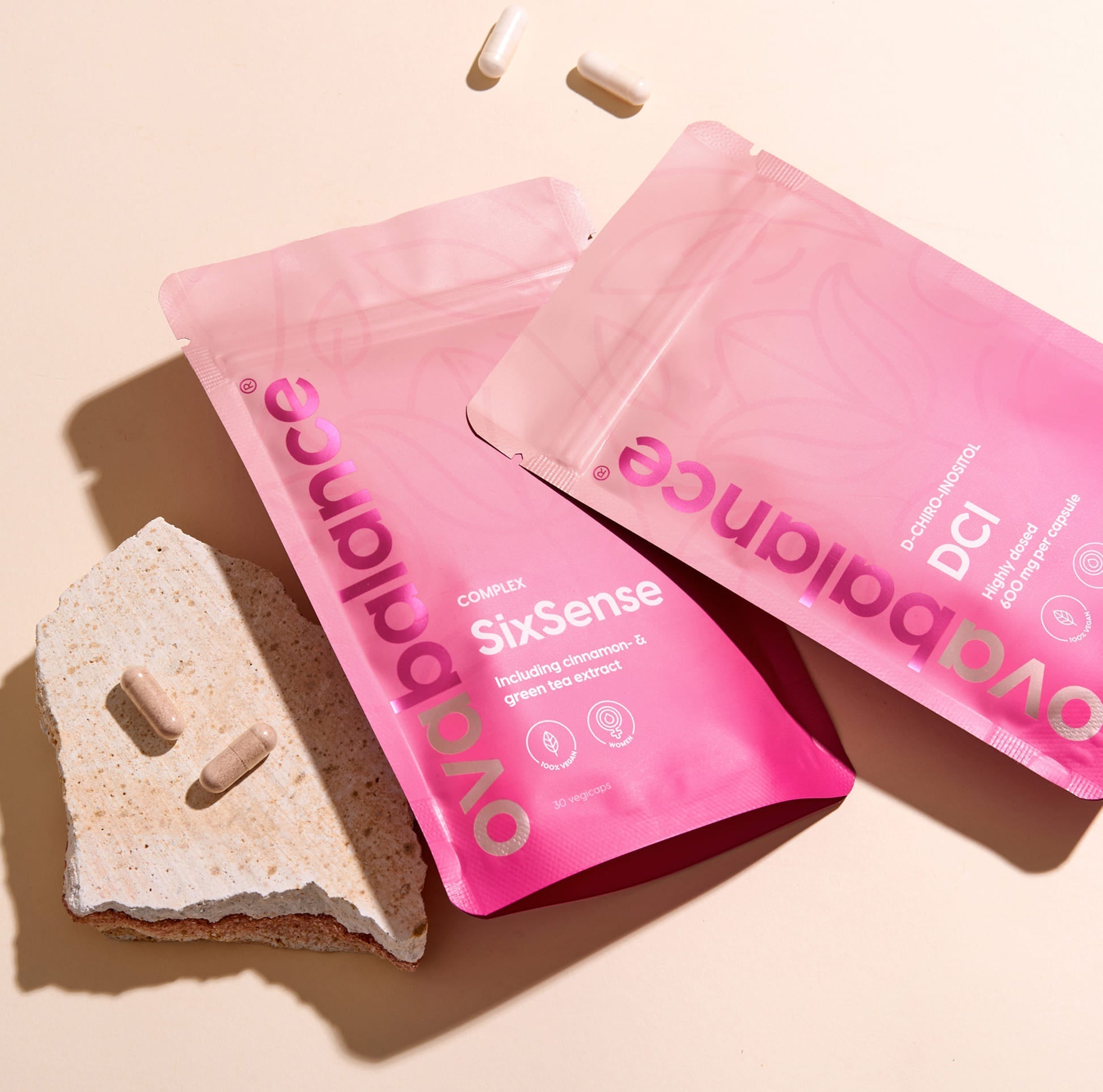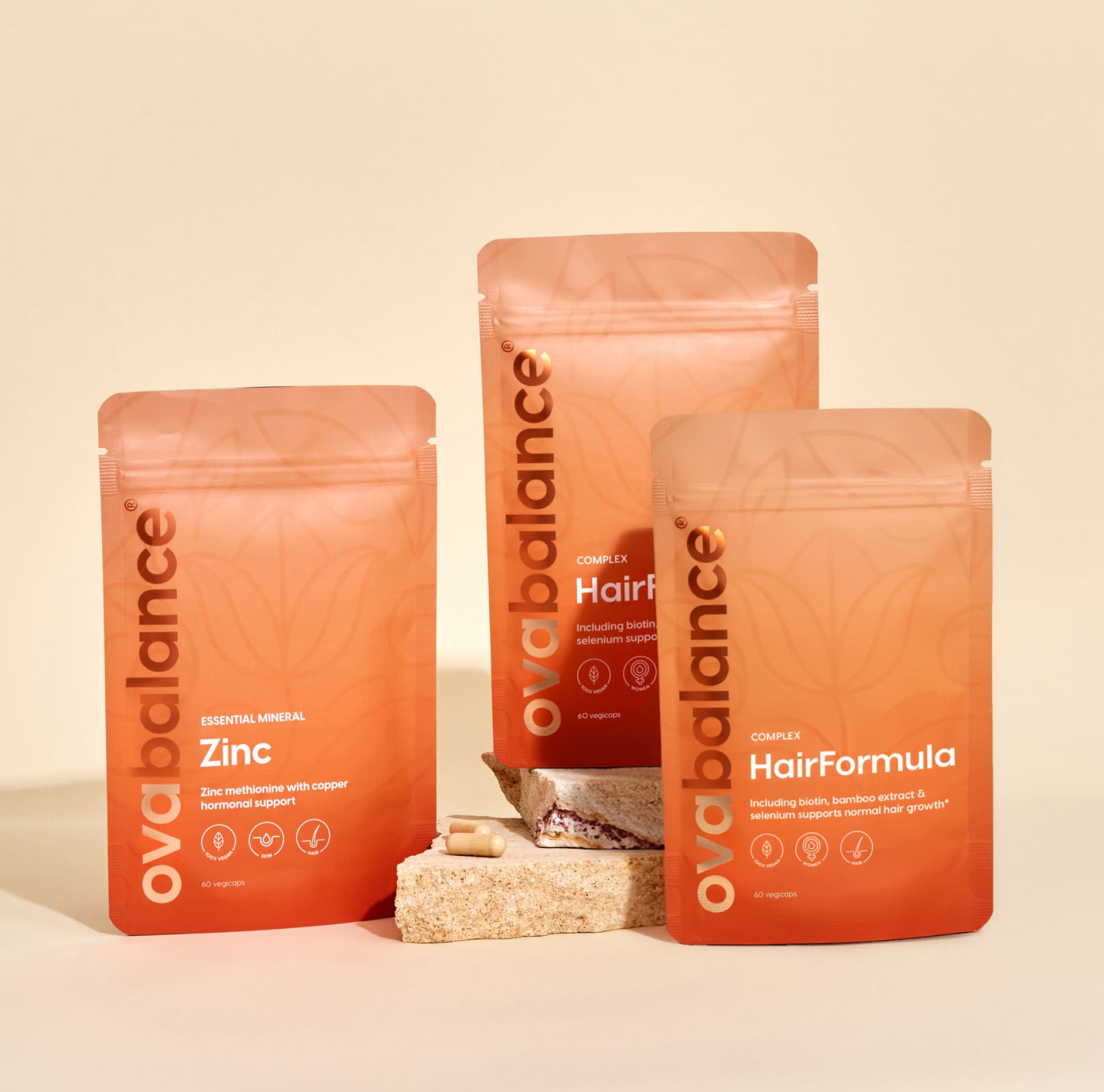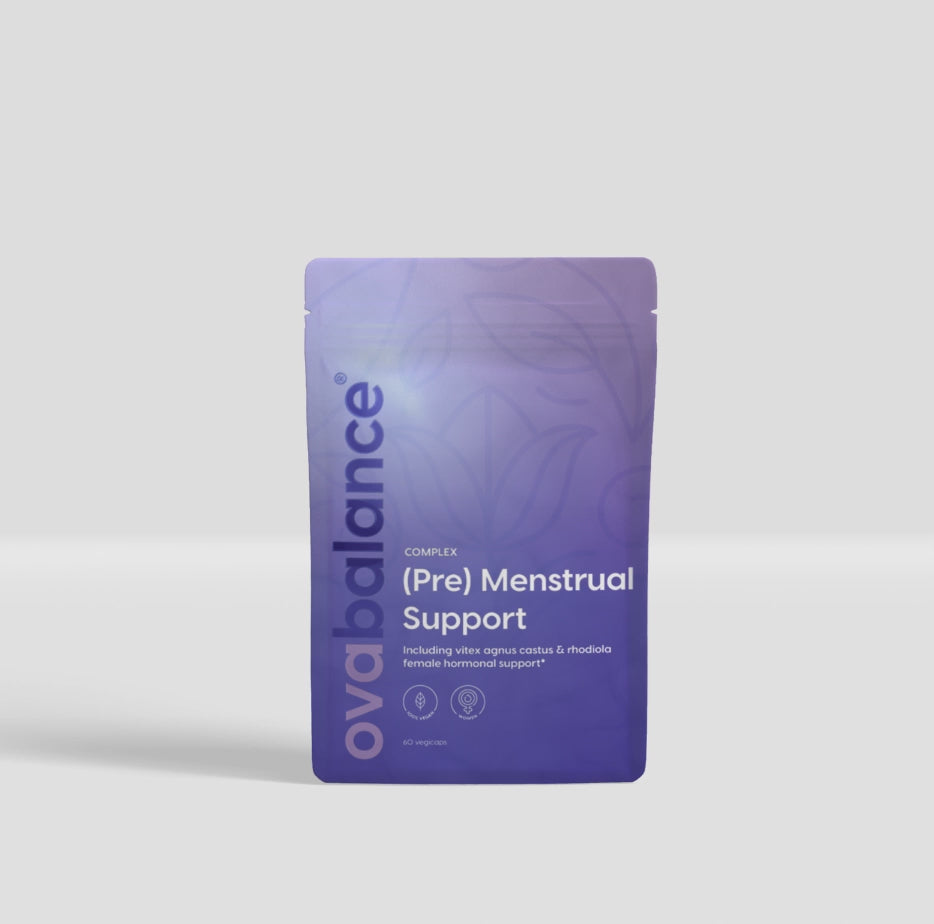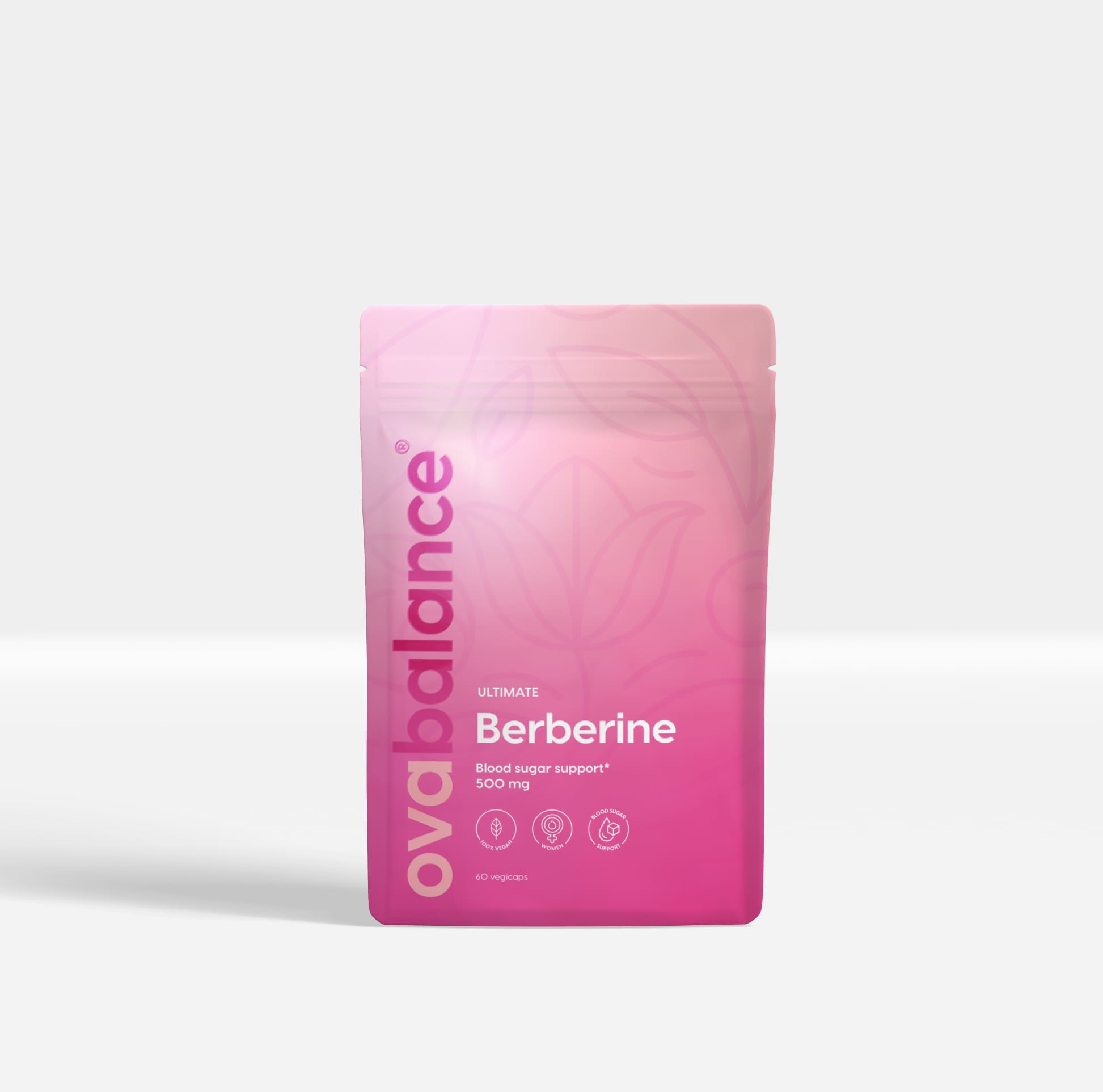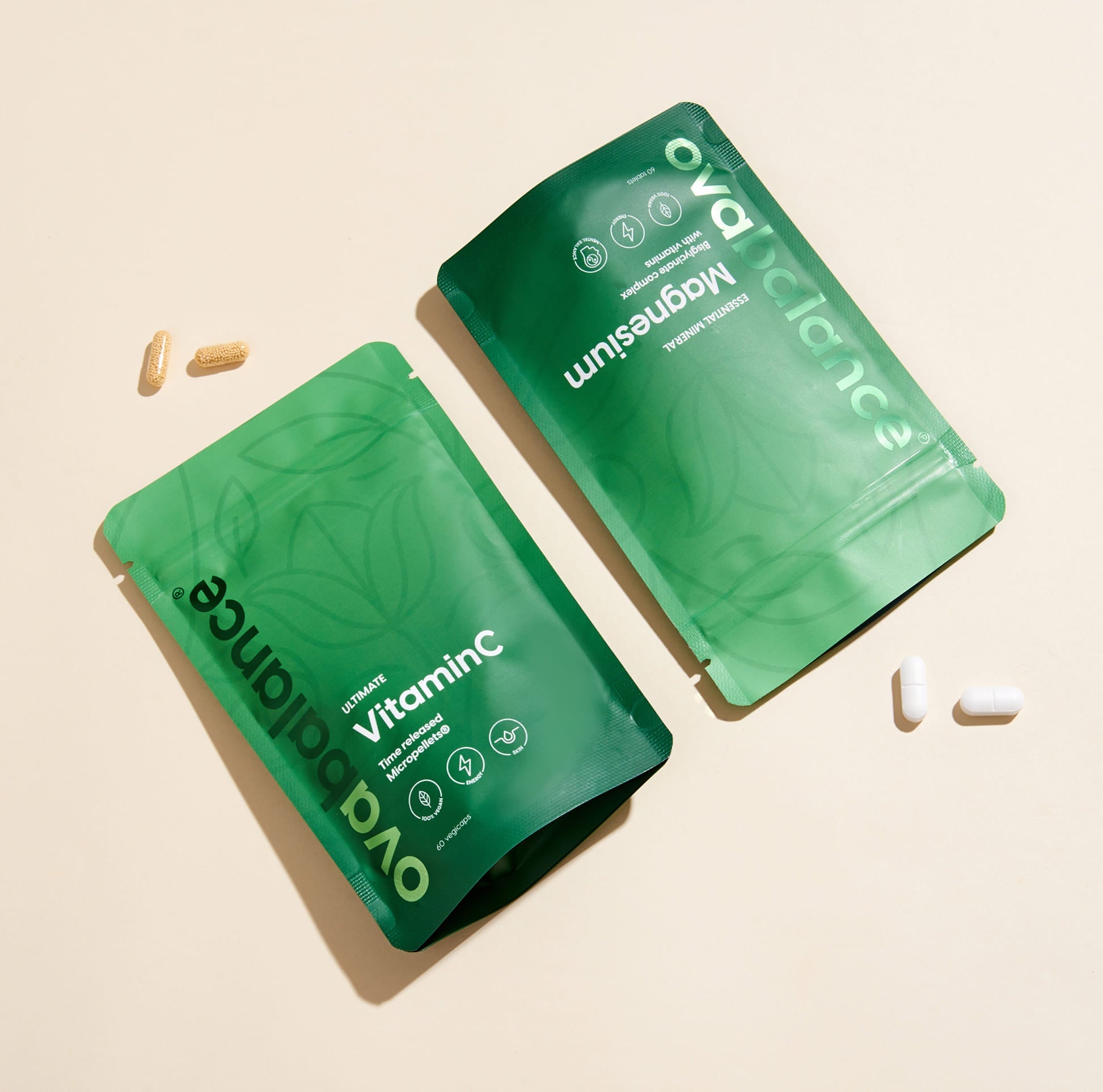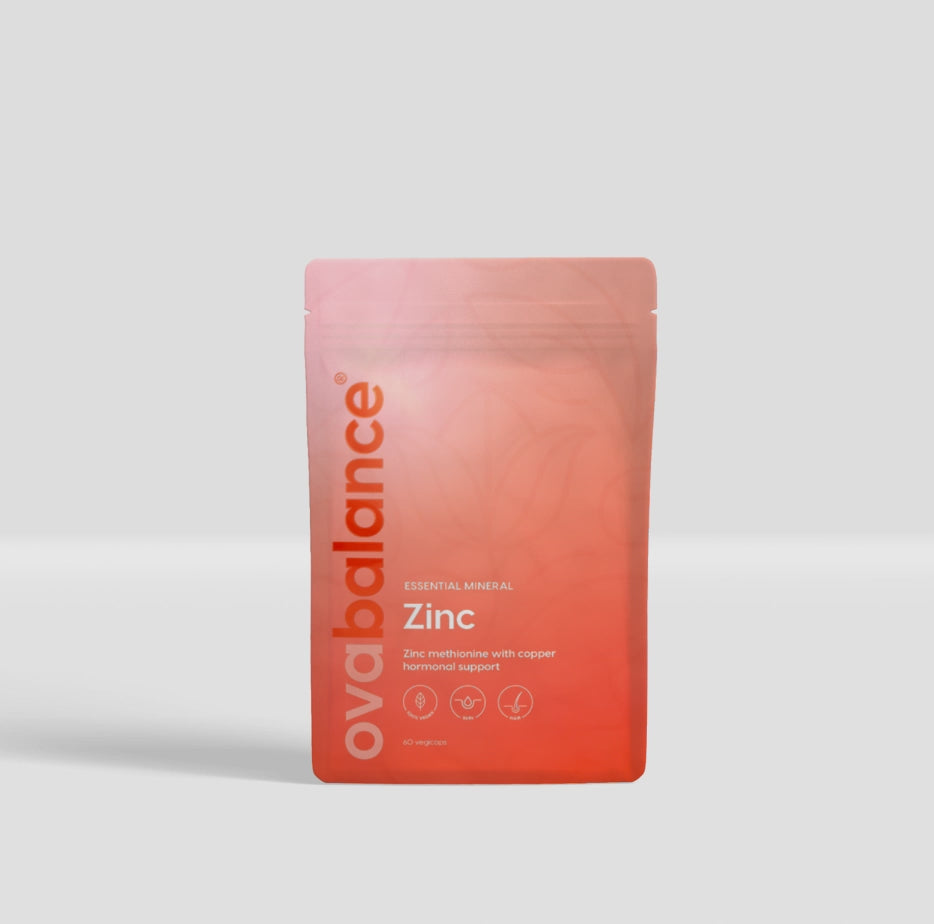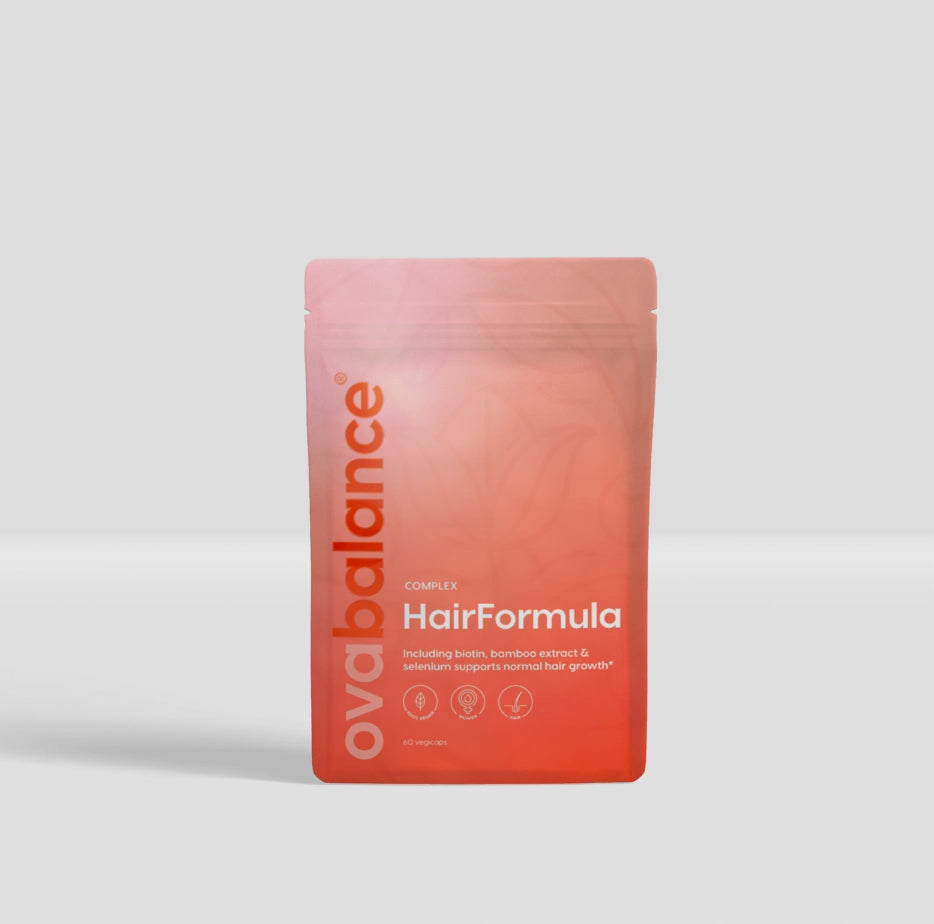

Omega-3 is a supplement that is gaining popularity when it comes to supporting your health. Omega-3 fatty acids are healthy for your heart, brain, eyes and blood fat levels. But with so many options on the market, it can be quite difficult to choose a quality omega-3 supplement. Don't worry, we're here to help!
In this article, we will take you on a journey through the world of omega-3 supplements and share valuable tips to help you make your choice. We will discuss different forms, such as fish oil, algae oil and krill oil. And we will look at the advantages and possible disadvantages of each. We will also give you criteria to assess the quality and purity of omega-3 supplements.
Contents
What are omega 3 fatty acids?
Omega-3 fatty acids are essential fats that our bodies need for good health. They are polyunsaturated fatty acids and there are different types of them, including ALA, EPA and DHA.
ALA : ALA is also called alpha-linolenic acid. This is a plant-based omega-3 fatty acid that is mainly found in foods such as flaxseed, chia seeds and walnuts.
EPA and DHA : EPA stands for eicosapentaenoic acid and DHA stands for docosahexaenoic acid. These are omega-3 fatty acids that are mainly found in fish and other seafood.
EPA and DHA have numerous health benefits:
DHA helps to maintain normal vision 1 ;
DHA is good for the brain 1 ;
DHA and EPA are good for the heart 1 ;
DHA and EPA are good for a responsible fat level in the blood 2 ;
DHA and EPA help maintain normal blood pressure 3 ;
The body can convert ALA into EPA and DHA, but this conversion is limited. That is why it is important to also eat foods rich in EPA and DHA, in order to get enough omega-3 fatty acids. Do you not eat enough fish or other seafood? Then consider using a supplement with omega-3 fatty acids to supplement your diet.
- the beneficial effect is obtained with a daily intake of 250 mg DHA
- the beneficial effect is obtained with a daily intake of 2 g of EPA and DHA.
- the beneficial effect is obtained with a daily intake of 3 g of EPA and DHA.
The additional daily intake of EPA and DHA together should not exceed 5 g.
The different types of omega 3 oil explained
There are several types of omega-3 oils available, including fish oil, krill oil, algae oil, and flaxseed oil. Which type of omega-3 oil is best for you depends on your individual needs, dietary preferences, and any allergies.
Fish oil
The most well-known form of omega-3 oil is fish oil. This fish oil comes from fatty fish species such as salmon, mackerel and tuna. The advantage of fish oil is that it is a rich source of both EPA and DHA, the two most important omega-3 fatty acids that are involved in heart, brain and joint health. A disadvantage of fish oil is that it can be contaminated with contaminants such as mercury and PCBs. In addition, this variant of omega-3 oil is not vegetarian.
Some people experience side effects when taking fish oil, such as:
A fishy aftertaste, burping or an unpleasant odor from the mouth. That is not pleasant. It makes you inconsistent in taking your supplement.
Upset stomach, nausea, diarrhea , or other digestive problems. These side effects can be mild to moderate and vary from person to person.
Blood thinning effects , especially when fish oil is taken in high doses. If you want to use fish oil and you are taking blood thinners, consult your doctor first.
Fish oil, animals and the environment
Getting omega-3 from fish oil also has some drawbacks for animals and the environment. Here are some important aspects to consider:
Overfishing : The main source of fish oil comes from fatty fish species such as salmon, tuna and anchovies. Overfishing of these fish can lead to a disruption of the marine ecosystem. It can seriously threaten the amount of these fish in the sea.
Disruption of the food chain : Because the amount of fish decreases due to overfishing, other animal species that eat this fish also get into trouble. Many animal species depend on fish as food, such as predatory fish, marine mammals and sea birds.
Bycatch : Fishing also unnecessarily catches other marine animals. This can lead to significant mortality and damage to populations of these animals.
Ecological impact of fish farming : A significant portion of the fish oil produced comes from fish farms. These farms can cause environmental problems, such as water pollution with feces and chemicals. Unused feed and medicines also pollute the aquatic environment. In addition, farmed fish are often fed with feed made from wild fish caught in the oceans.
Krill oil
Krill oil is an oil derived from a small shrimp-like crustacean called krill. The advantage of krill oil is that, like fish oil, it contains both EPA and DHA omega-3 fatty acids. However, there are smaller amounts than in fish oil.
Allergic to shellfish?
Some people are allergic to shellfish, including krill. Are you allergic? Then you should be careful with the use of krill oil and consider other sources of omega-3 fatty acids.
Krill and the environment
Krill is an important food source for many marine animals, including whales, penguins and seals. Harvesting krill for krill oil can have a negative impact on the ocean ecosystem.
Shelf life of krill oil
Krill oil contains omega-3 fatty acids that are susceptible to oxidation. This means that krill oil can become rancid and lose its nutritional value when exposed to air, heat or light. It is therefore important to store krill oil properly according to the instructions on the packaging.
Algal oil
Algae oil is a plant-based alternative to animal omega-3 oil. This oil is made from algae. Algae produce DHA themselves. One of the omega-3 fatty acids that are important for your health. This is the ideal omega-3 oil if you are vegan or vegetarian and do not want to eat fish or other animal products.
A disadvantage of algal oil is that it contains less EPA compared to fish oil. But on the other hand, algal oil is free of contaminants such as heavy metals, such as those found in fish. So you don't have to worry about nasty stuff in your supplements.
Sustainability of algae oil
Another benefit of algae oil is that it is a sustainable source. It can be produced on a large scale in special environments without the need for a lot of land, fresh water or pesticides. This means that it puts less pressure on the environment and the oceans, which is of course great for our planet. In addition, algae even absorb CO2 as it grows, helping to reduce carbon emissions.
Using algae oil instead of fish oil is also good for preserving fish populations. When extracting algae oil, no fish need to be caught. This helps prevent overfishing and keeps our seas healthy.
In short: Algal oil is good for you, good for animals and good for the environment. It is packed with healthy omega 3 fatty acids, is animal friendly and helps protect the oceans and CO2 emissions. A win-win-win situation!
You can read more about the benefits of algae oil in the article: Omega 3 algae oil: what are the benefits and what is it good for?
Linseed oil
Flaxseed oil comes from flax seeds and is a good source of ALA (alpha-linolenic acid), another type of omega-3 fatty acid. The benefit of flaxseed oil is that it is suitable for vegetarians and vegans and can help maintain healthy cholesterol levels.
One disadvantage of flaxseed oil is that the body only converts ALA to the active forms of EPA and DHA to a limited extent, making it less effective than fish oil, krill oil or algae oil for obtaining these specific fatty acids.
What should I pay attention to when purchasing omega 3?
When purchasing omega 3 supplements, there are several important factors to consider.
- The dosage . The optimal amount of omega-3 fatty acids varies and depends on individual needs. It is therefore advisable to check the recommended dosages and seek advice if necessary.
- The sustainability and origin of the oil . Choose supplements that come from sustainable sources such as algae oil as a vegetarian and vegan alternative. If you do choose fish oil, make sure the fish is caught responsibly.
- The form of the fatty acids . Omega-3 fatty acids come in different forms, such as EPA and DHA. Check the ratios of these fatty acids in the supplement and determine which are most relevant to your individual health needs.
- Shelf life . Check the expiration date of the supplement and make sure it has enough life left before you buy it so you can get the full value out of it.
- Well-sealed and opaque packaging . Omega-3 fatty acids are susceptible to oxidation by exposure to light, so dark packaging helps to preserve the quality of the supplement.
By considering these factors, you can make an informed choice when purchasing omega-3 supplements. This way, you choose a product of good quality that meets your individual needs.`
Buy Vegan Omega 3
Discover Ovabalance Omega 3 Algae Oil: a great source of DHA omega 3 fatty acids, completely derived from plant sources. This natural and vegan omega 3 algae oil is suitable for everyone, whether you don't eat fish, are vegetarian or vegan. The supplement does not contain any form of chemicals or toxins. Unlike fish oil supplements, you don't have to worry about an unpleasant fishy taste when using Ovabalance Omega 3 Algae Oil.

Read on for extensive information about Ovabalance Omega 3 algae oil .
